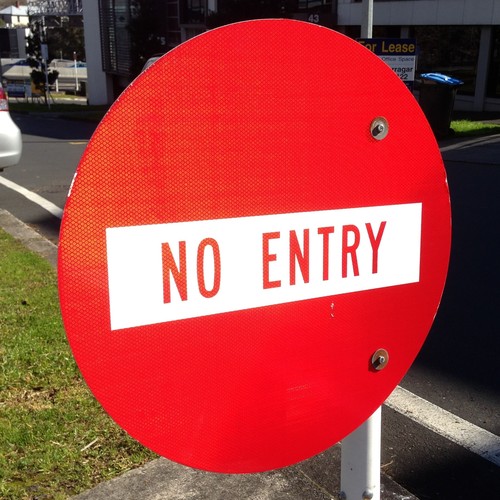Only Indian suppliers have been invited to provide a core network for India's state-owned telco.

India's BSNL has excluded any foreign vendors from a tender for its 4G core, inviting applications from Indian gear makers only as it prepares to build around 57,000 4G sites across the country.
The decision by the state-owned operator to use equipment designed and manufactured in India will provide a boost for the local industry and support the government's Aatmanirbhar Bharat, or "self-reliant India," policy.
Domestic vendors such as Tejas Networks and Sterlite Technologies would stand to gain from BSNL's move, which also raises the prospect of partnerships between those companies and Indian software developers, including Tata Consultancy, Tech Mahindra and Wipro, to satisfy the operator's needs.
According to BSNL's expression of interest (EoI), the core of the network must come from an Indian supplier, while an Indian company should ideally own the intellectual property for the source code used in that network. BSNL says its supplier must have unrestricted access to the source code and a license to alter it. The vendor's ability to support all future versions of the product is critical.
The terms of the EoI mean foreign vendors like Nokia, Ericsson and Samsung will not be able to participate in the tender.
BSNL previously cancelled the 4G tender to stop Chinese vendors Huawei and ZTE from participating in the bidding process. As low-cost options, they have previously figured prominently in its network. More recently, Indian telcos have soured on Chinese suppliers amid security concerns and geopolitical tension between China and India.
Want to know more about 5G? Check out our dedicated 5G content channel here on Light Reading.
While the global firms can participate in the rollout of 4G basestations, they will need to reveal the source code in an escrow account. That will have to be regularly updated every time there is a change in the code.
BSNL had previously voiced concern about the quality and price of domestic equipment. Indian telcos charged up to 89% more than foreign vendors, it said. The operator also complained about the government's insistence that state-owned telcos use local products, noting that private-sector competitors remained free to use any products.
While the private-sector operators have not been asked to use local gear, there has been a clear shift in government policy. It is now up to the domestic equipment makers to respond.
Related posts:
— Gagandeep Kaur, contributing editor, special to Light Reading
Read more about:
AsiaAbout the Author(s)
You May Also Like











